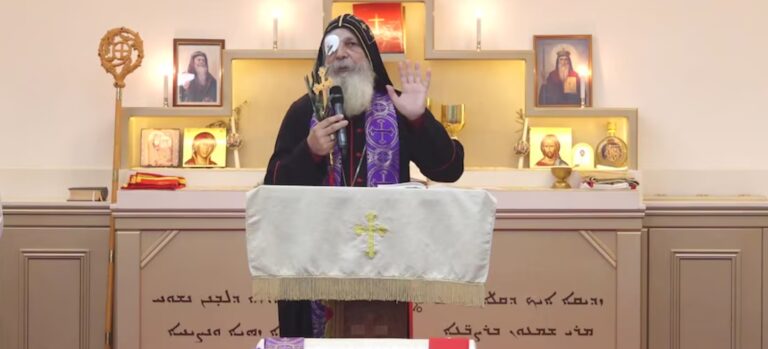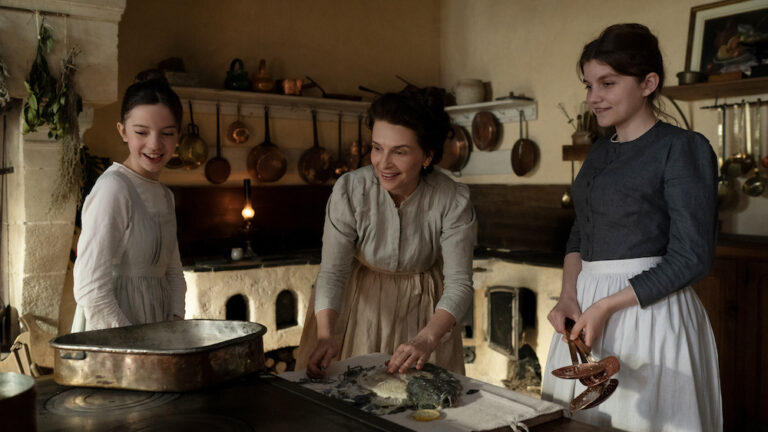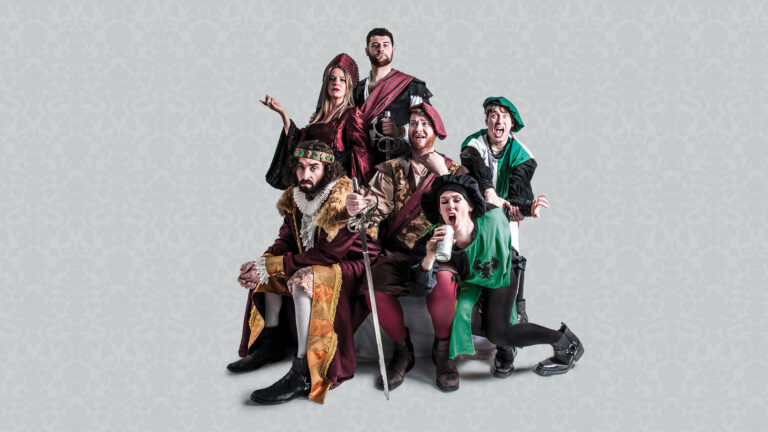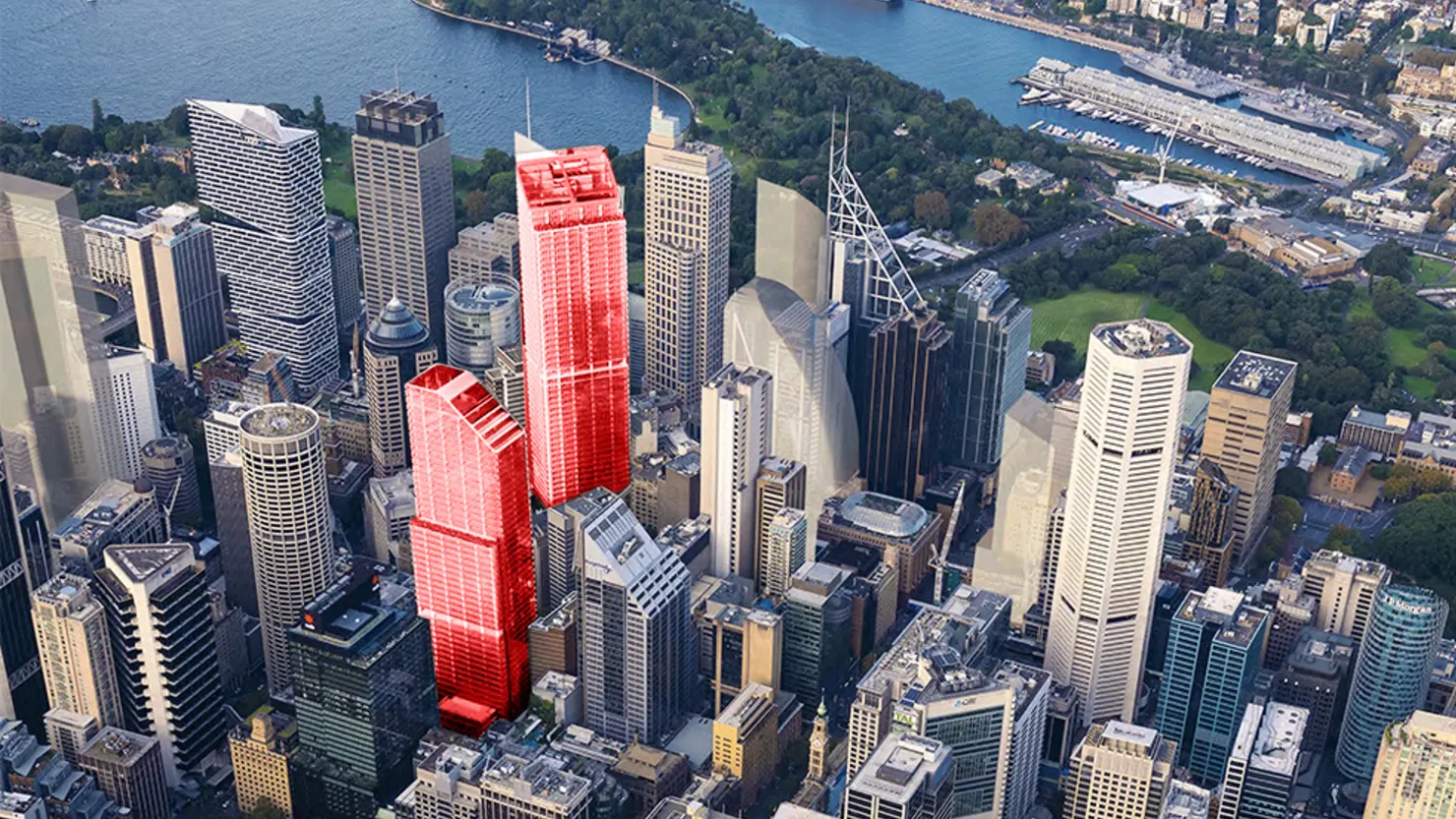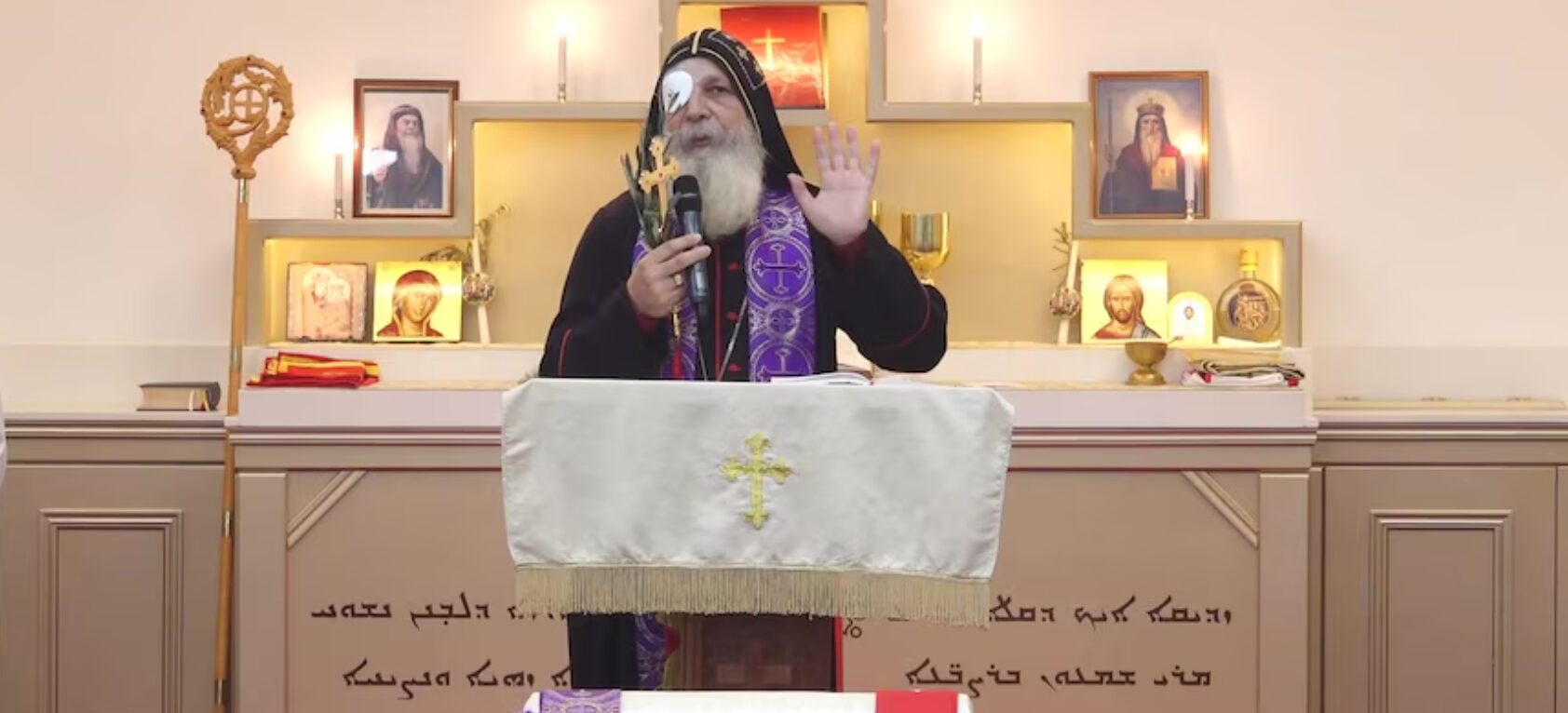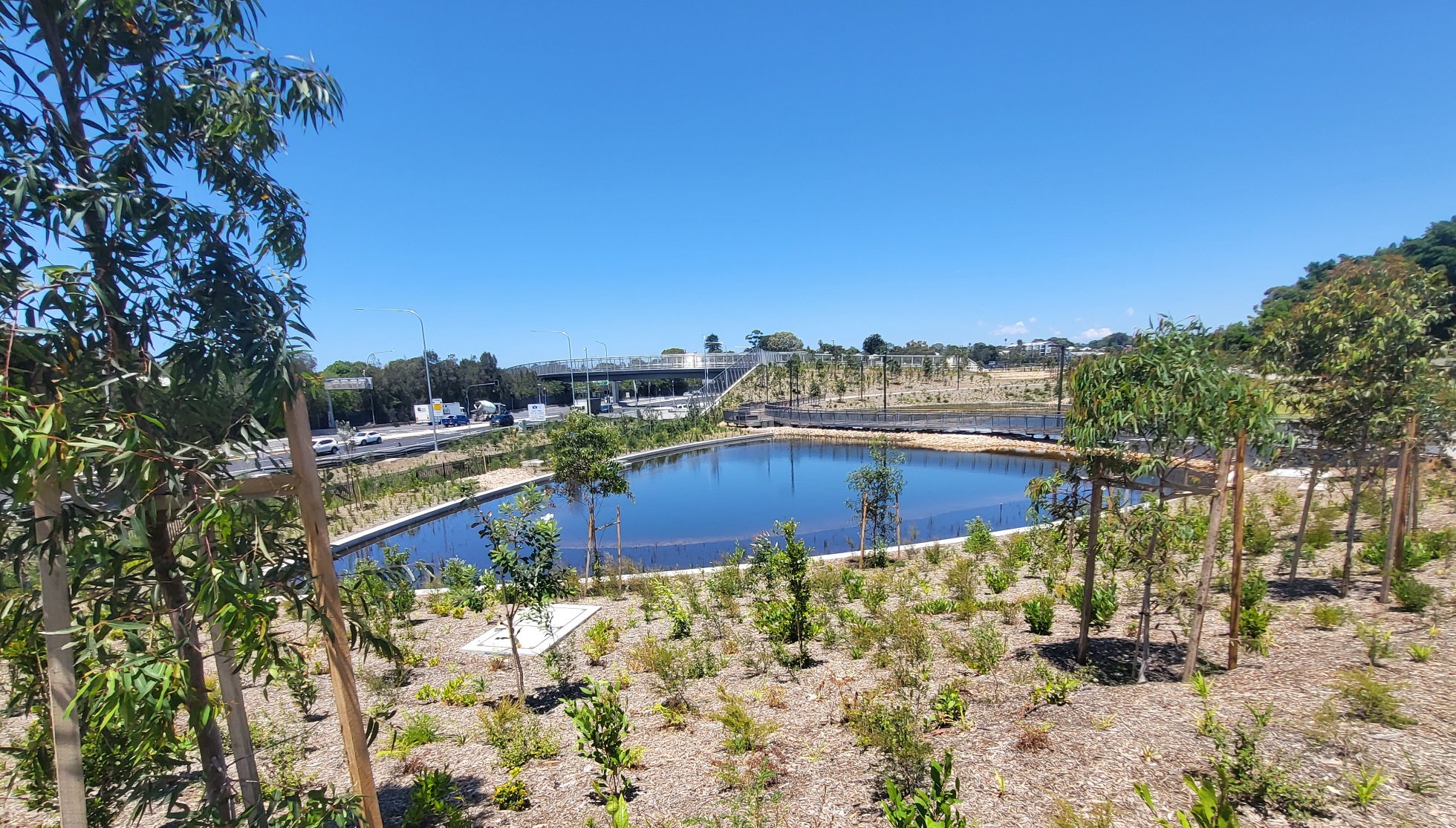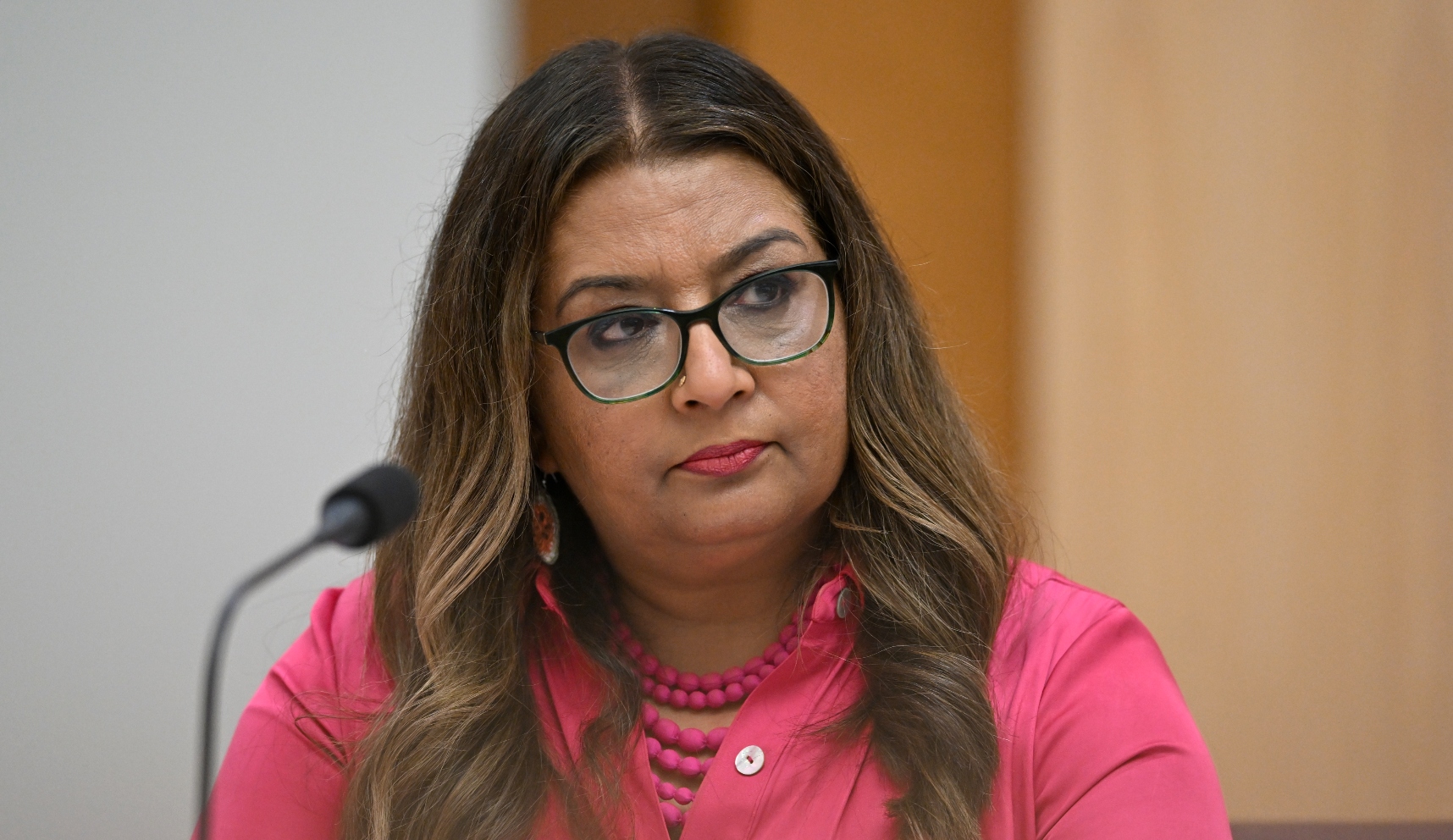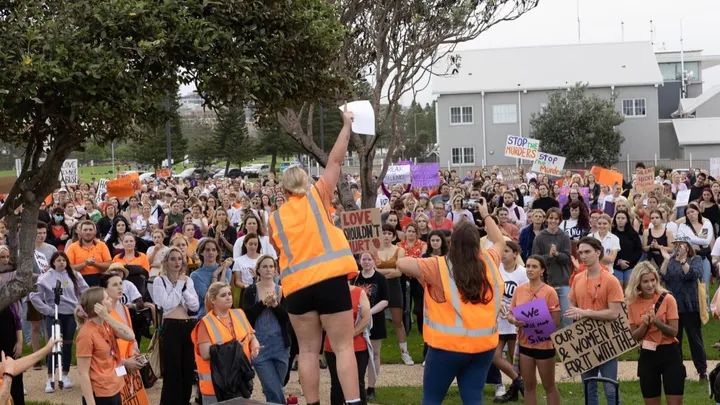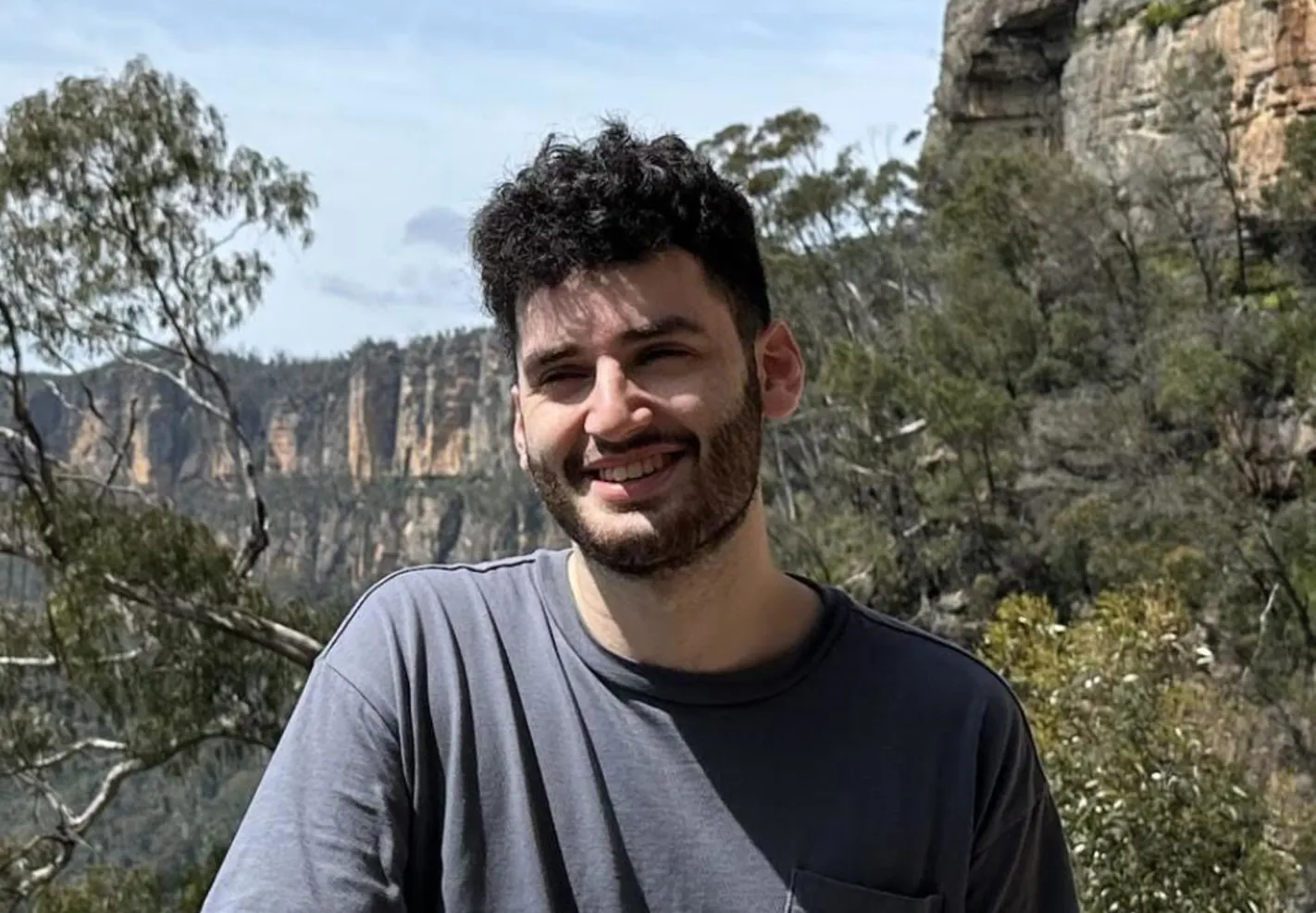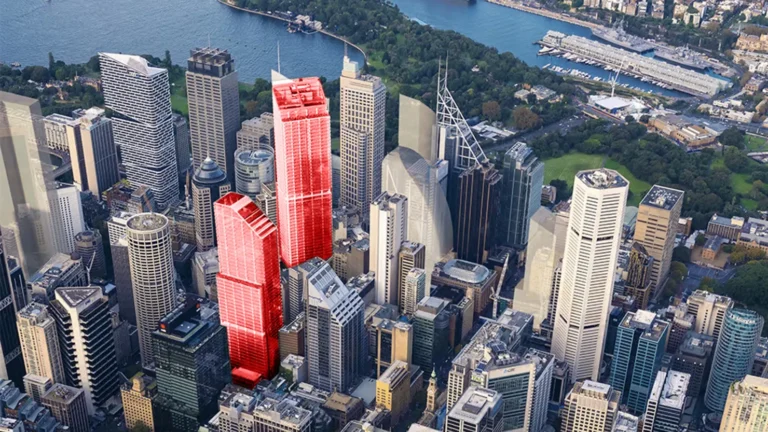
FEATURE: Gaza and the aftermath of Labor’s decision
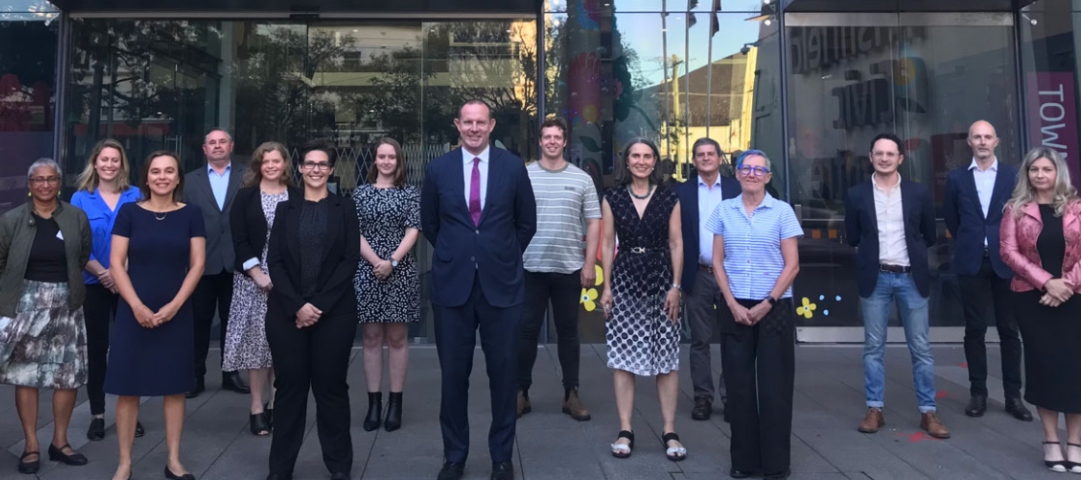
by GRACE JOHNSON
Members of the community have been left outraged and disappointed following Labor’s decision to vote down a motion calling for a ceasefire last week.
During the Inner West Council meeting on Tuesday night (21 November), Greens Councillor Dylan Griffiths put forward a motion responding to community calls to urge the government to support a ceasefire in Gaza. In the 24 hours before the council meeting took place, Councillor Griffiths told City Hub that they received hundreds of letters from the community in support of the motion, as well as a letter of support from Arab Council Australia. The motion brought impassioned speakers to address the council and saw the biggest turnout in the council’s history.
Despite all this, Labor came prepared with a foreshadowed motion that would see Councillor Griffith’s motion overturned, in addition to the further amendments he brought, such as flying the Palestinian flag at locations across the Inner West until a ceasefire was declared.
Councillor Griffiths told City Hub after the meeting that he was disappointed with the motion being voted down, saying calling for steps towards a ceasefire instead of ceasefire now is “completely unacceptable, because every moment that a full ceasefire is not called, people will die in the thousands, as is the case right now.”
“I’m also shocked that very basic procedure to allow all Palestinian and Jewish registered speakers and attendants to be able to actually speak to the motion,” he continued.
“I was also shocked that Labor tried to have the motion debated later at night instead of straight away when all residents were in attendance.”
Ripple effects of the motion
The next night, Inner West Council’s Multicultural Advisory Committee (MAC) gathered at a meeting, several members of which had attended the council meeting.
Interim Chair of the Committee Dina Petrakis went to speak.
As she relayed to City Hub, who sat down with members of the committee at the Addison Road Community Organisation, she remembered watching people plead with the councillors at the meeting to offer support for suffering communities, “just asking for crumbs.”
The Labor councillors were “immovable” though, “very stony-faced, sitting like statues with almost an invisible shield around them, knowing they were not going to let anything in.”
Then she recalled that this was the council that was meant to produce an anti-racism strategy, that is meant to support its multicultural communities. The council that just voted ‘no’ to a ceasefire.
“When it came to my turn to talk, I just said, ‘I can’t do this. I cannot be a part of Council’s anti-racism strategy when for me, it died in a bloody mess on the floor of the council meeting the previous night.'”
Dina’s words and sentiments clearly resonated with the others, leading to each member present in the room resigning, no longer able to support a council that didn’t vote for a ceasefire.
Inner West Council’s response
The next day, Thursday 23 November, the Inner West Council released a statement saying they support ceasefire in Gaza.
The statement reads, “At this week’s meeting, Inner West Council resolved support for a ceasefire in Gaza as well as a range of measures to provide practical support to communities in the Inner West affected by the horrendous conflict there.
“The Council resolution included condemnation of the killing of civilians on all sides as well as recognition that foreign policy is the responsibility of the Commonwealth Government.”
Mayor Darcy Byrne is quoted as saying, “Citizens in the Inner West have been appalled by the loss of lives in Israel and Palestine including the horrendous attacks by Hamas on 7 October and the atrocious death toll amongst Palestinians caused by the Israeli Government’s military response.”
“We recognise the terrible impact on communities within the Inner West of this humanitarian disaster and are seeking to provide practical support to affected citizens at the local level.”
MAC member Yiana Remolotis called it a “bold-faced lie.”
On social media platform X, Councillor Griffiths said he asked the General Manager to immediately retract the statement and for Council to apologise to the community.
So far, no such action has been made, and City Hub is still awaiting comment from the mayor regarding last week’s council meeting.
Many residents have contacted me about a @IWCouncil media release titled ‘Inner West Council supports ceasefire in Gaza’. They consider it misleading, I agree.
This morning I asked the GM for it’s immediate retraction and that council apologises to community for the statement 🧵— Dylan Griffiths (@DylanInnerWest) November 24, 2023
I will be writing to the OLG to request an independent inquiry into the use of public resources leading to this media release being made.
— Dylan Griffiths (@DylanInnerWest) November 24, 2023
It should also be noted that during the meeting, Deputy Mayor Chloe Smith, who stepped in to chair the meeting in the mayor’s absence, admitted that she had never chaired before. This means that since at least December 2021, when the mayor was mostly recently elected, he has not missed one council meeting. Some have questioned why he chose to miss this one.
Party politics over humanitarian support
Wael Sabri, a MAC member of Palestinian background, said that Council had failed him.
“Council’s bread and butter is community. Where are you?”
“It is a humanitarian issue. It’s not a political issue. People are in trauma. Where are you?”
That the motion was voted down by Labor councillors has brought into question yet again the control the Labor majority has over the council. Councillor John Stamolis has been particularly vocal about this issue and brought forward last week a motion moving to demerge the Inner West Council which, unsurprisingly, was unanimously voted by Labor councillors.
Councillor John Stamolis had previously told City Hub that Inner West has become a party-controlled council.
“Political party control of councils brings forward major concerns about whether local councillors are making local decisions or the decisions of their state and federal parties,” he said.
Committee member Rosanna Barbero said, “We’re watching mass murder and destruction live as it happens.”
She highlighted the importance of “a gesture from local council, which is the government body that is closest to its community,” which they are now without.
“Basically, the council is saying they don’t care,” she said.
“Human rights don’t matter, they say, politics matter.”
Marc Rerceretnam from the committee pointed out that Council previously had no problem supporting motions that condemned Australia’s involvement with Afghanistan or Iraq under a Liberal prime minister.
“But when it’s one of their own,” he said, “they cover themselves and use these obstructions,” referring to the foreshadowed motion’s resolution that foreign affairs is the responsibility of the Commonwealth Government.
During the conversation, Dina said the motion for a ceasefire was not really a motion for a ceasefire.
“Obviously, Netanyahu is not waiting for Inner West Council to say the genocide will stop,” she said. “We all know that.”
“It was a token gesture where our elected representatives reflect the values of our community. To reflect your humanitarian values and principles.”
Yiana said, “We can’t undervalue the importance of people in a position of power saying, ‘I hear you, I see your pain.’ I feel like there’s no way that not watching the same video and seeing the same photos that we’re seeing. It’s unconscionable to me.”
Vi Pham, committee member with a Vietnamese background, added that humanity is “a very simple thing.”
“Many people in the community have an experience of war. I have that experience too. It affects them so badly,” she said.
“It’s like it’s happening again.”
Mental health effects of the war on people in Australia
While the war in Gaza has undoubtedly impacted people from both Palestine and Israel severely, especially with spikes in Islamophobic and anti-Semitic crimes, what’s happening can also evoke for other communities memories of the wars in their own histories.
Other communities in Australia that have experiences of war in their histories have also been particularly affected by what’s happening in Gaza.
Dr Susan Rees, a professor in the School of Clinical Medicine, UNSW Medicine & Health, and researcher and trauma expert in psychiatry, recently published an article on the mental health impacts of the Middle Eastern conflict on Australians.
Dr Rees also leads a large federally-funded mental health project with people from refugee backgrounds in Australia.
Speaking with City Hub, she said, “We have sufficient evidence to suggest that individuals and communities in Australia are, to different extents, being impacted by the Israel-Gaza war. The closer one is to the war the higher the probable risk for a traumatic response, for example, if the person has family or friends currently in the war zone, past residency in the area, previously experienced a war, has some connection with the region or affinity with the religion of either group.”
She noted that women and young people are typically at higher risk for experiencing the mental health effects of a traumatic event.
Describing the mental health effects, she said, “Symptoms can range from mild to severe and can include PTSD-like symptoms including feeling excessively anxious, nervous, angry, having trouble sleeping, nightmares, intrusive thoughts, or memories of a trauma, easily startled, or greater than usual problems with concentrating. Others might find it difficult to stop reading about the war, feel fearful, or detached, or numb or very sad. Trauma can also manifest physically, including headaches, stomach aches or nausea.”
Dr Rees emphasised that the current conflict is bringing up traumatic memories and mental distress for people who carry disturbing memories of war from their own country already.
She said to City Hub: “People who arrived as refugees, or have come to Australia from a conflict or trauma background, are having a re-emergence of traumatic memories and/or feelings of mental distress. This includes, for example, Vietnamese, Sudanese, Tamil Sri Lankan, Iraqi, people from Myanmar, Afghanistan, and Syria, as well as people who lived through the Holocaust or are their family members impacted by intergenerational trauma.”
“This means a large population in Australia are at risk of feeling mental distress during this current conflict.”
Palestine speaks to many
Thousands have come together weekly in Australian cities, and across the world, to protest against the war in Gaza.
But the situation in Gaza speaks to many. Ireland, for instance, has shown particularly strong support for Palestine, perhaps remembering through Gaza their own history of oppression under British rule.
Wael said, “As I often say to my colleagues and my friends, Palestine is not just for the Palestinians. It’s a lot more, because it triggers lots of issues.”
“Palestine speaks to many countries and many issues – poverty, humanitarian issues, politics, oppression, racism.”
“Palestine is a whole representation of that, for many people, everywhere.”
